Pros and Cons of a Full-Service Lease: Landlord's View
As a landlord in the commercial real estate industry, the choice of lease structure is a crucial decision that significantly impacts the profitability and management of your property. Full-service leases, also known as gross leases, are an option that offers both advantages and challenges. In this blog, we will explore the pros and cons of full-service leases from a landlord's perspective.
But first, what is a full-service lease?
Also known as gross leases, full-service leases are characterized by landlords charging their tenants a fixed monthly rent. What sets these leases apart is that this rent doesn't just cover the base rent; it includes all the operating expenses tied to the property. These operating expenses can encompass a wide range of costs:
1. Utilities
Tenants don't need to be concerned about individual utility bills, as the landlord includes the cost of electricity, water, gas, and other utilities in the monthly rent.
2. Maintenance and Repairs
The landlord takes on the responsibility of maintaining and repairing the property. This includes overseeing common areas and ensuring systems like HVAC, plumbing, and electrical are in good working order.
3. Property Taxes
Property taxes are integrated into the monthly rent, sparing tenants the hassle of dealing with separate tax payments to the local government.
4. Insurance
Generally, the landlord provides insurance coverage for the property, including general liability and property insurance, easing tenants' worries about budgeting for insurance costs separately.
5. Property Management
Property management tasks are handled by the landlord, which involves addressing maintenance requests, overseeing common areas, and maintaining the property's overall condition.
Pros of Full-Service Leases for Landlords
1. Consistent Income Stream
One of the most significant advantages for landlords in a full-service lease arrangement is the predictability of the income stream. With tenants paying a fixed, all-inclusive monthly fee, you can better forecast your cash flow, making it easier to budget and plan for property expenses.
2. Reduced Vacancy Risk
Full-service leases can be attractive to tenants because they offer budget predictability and simplicity. This can lead to longer lease terms and higher tenant retention rates, reducing the risk of prolonged vacancies and associated costs.
3. Simplified Property Management
In full-service leases, landlords typically assume responsibility for property management, maintenance, and operating expenses. This simplifies the administrative aspects of property ownership, allowing you to focus on the big picture, such as property improvements and strategic planning.
4. Enhanced Property Appeal
Since landlords are responsible for property maintenance and upkeep in full-service leases, the property is more likely to be well-maintained, creating an attractive environment for tenants and their customers. This can help maintain a positive image and attract quality tenants.
Cons of Full-Service Leases for Landlords
1. Higher Operating Costs
While full-service leases provide a predictable income stream, they also entail higher operating costs for landlords. These costs can include utilities, maintenance, insurance, and property management expenses. Consequently, landlords need to set the base rent higher to account for these expenses, which may make the property less competitive in terms of pricing.
2. Limited Control
Landlords in full-service leases have less control over the day-to-day operations of the property, as they have to fulfill the maintenance and utility responsibilities outlined in the lease agreement. This may lead to issues with tenant satisfaction and potential disputes.
3. Risk of Rising Expenses
Full-service leases shield tenants from unexpected increases in operating expenses, but landlords bear that risk. If utility costs or property maintenance expenses rise significantly, it can impact the property's profitability.
4. Potential for Inefficiency
Since tenants don't directly bear utility costs in full-service leases, there may be less incentive for them to be energy-efficient. This can lead to higher utility bills for landlords and wasted resources.
Conclusion
Full-service leases offer landlords a stable income stream and reduced vacancy risk, along with simplified property management. However, these benefits come at the cost of higher operating expenses and limited control over property management. It's essential for landlords to carefully consider the financial implications and conduct thorough due diligence when deciding on the lease structure for their commercial properties.
The suitability of a full-service lease will depend on the specific property, market conditions, and the landlord's long-term goals. Consulting with a commercial real estate expert and seeking legal advice is recommended when navigating the complexities of leasing arrangements to ensure that your choice aligns with your investment strategy and property management capabilities.







